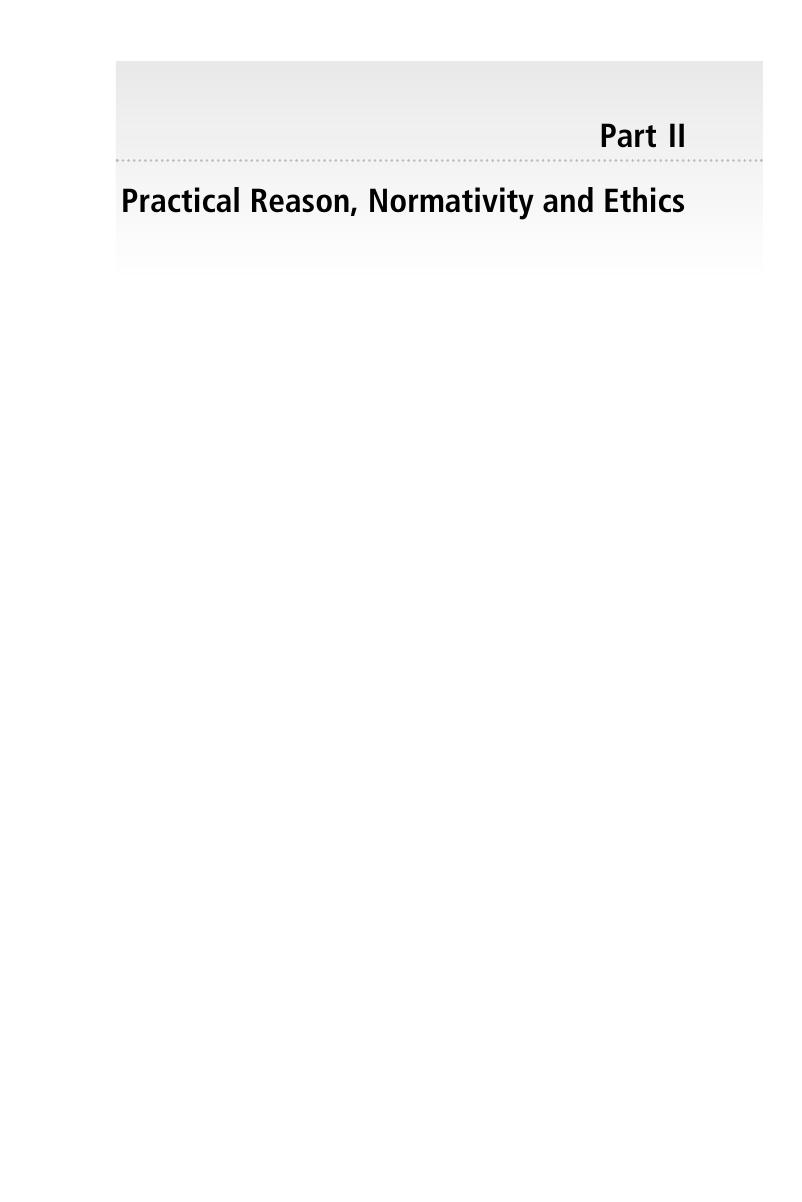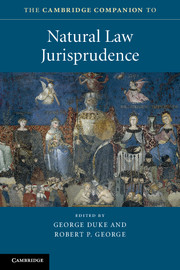Book contents
Part II - Practical Reason, Normativity and Ethics
Published online by Cambridge University Press: 04 July 2017
Summary

- Type
- Chapter
- Information
- The Cambridge Companion to Natural Law Jurisprudence , pp. 131 - 242Publisher: Cambridge University PressPrint publication year: 2017

